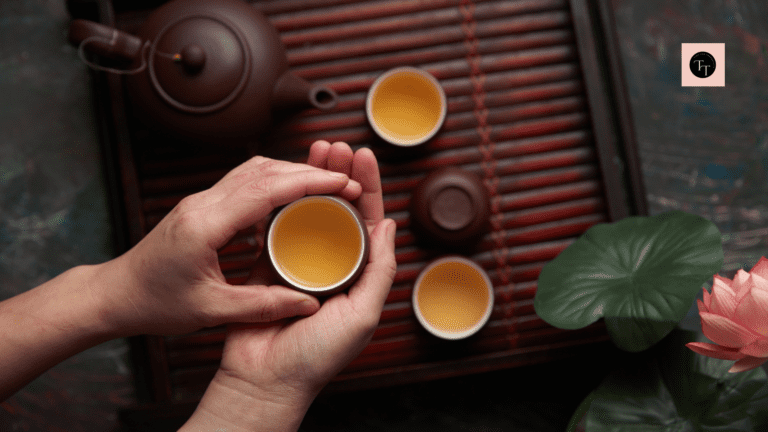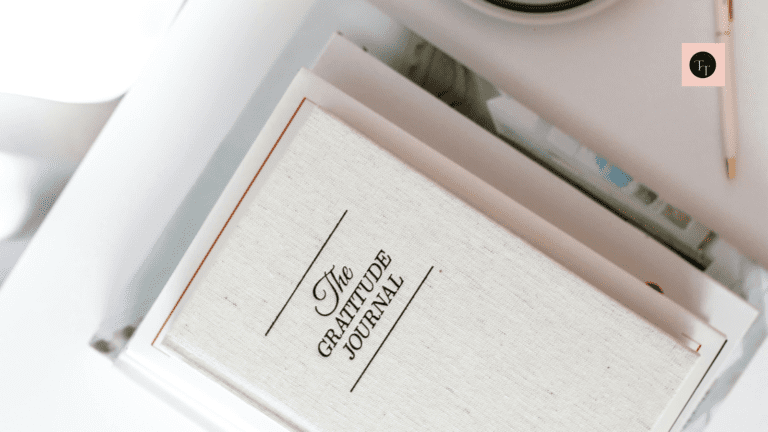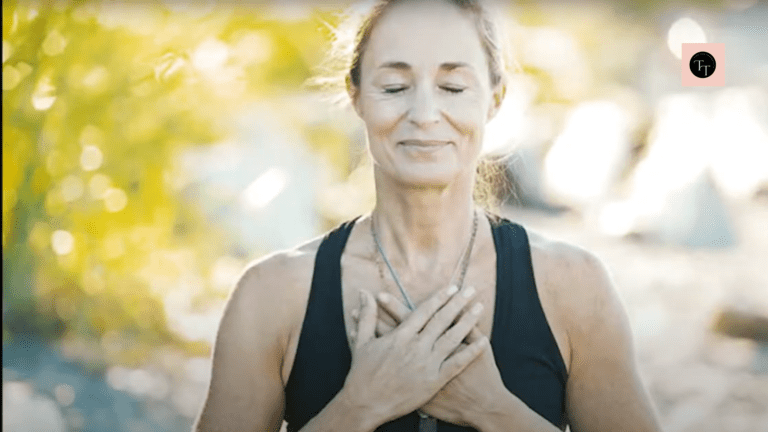Master Mindfulness and Well-being to Age with Grace
Do you feel more lonely and overly anxious, especially as you age? It is natural and you are not alone. But master mindfulness and well-being, and you will find tranquility, peace, and joy throughout the golden years of your life!
Let’s face it. Life is not easy for senior women living alone. You may find yourself reflecting on the past or worrying about the future. It’s normal to feel anxious or empty at times. However, embracing mindfulness and well-being can help you live a fulfilling life. Age is just a number.
Check out this video-style podcast on this article.
Mastering Mindfulness and Well-being
“When you sit, sit. When you walk, walk. Don’t wobble.” – Dōgen Zenji
Mindfulness is about being present in the moment. It means paying attention to your thoughts and feelings without judgment.
Well-being is a state of health and happiness, that encompasses your mental, emotional, and physical self.
Together, they create a foundation for a fulfilling life.
An evening that really resonated with me, was having dinner with a group of elderly Japanese women in Ogimi Village, located in Okinawa Prefecture. The group joked, laughed, and exchanged stories while enjoying each dish.
They were fit as a fiddle and living the time of their life. Their joy in the moment taught me the beauty of mindfulness and well-being—appreciating each bite and each laugh.
They had mastered mindfulness and well-being, so age was immaterial to their happiness!
In this article, I will share how mindfulness can enhance your well-being. I will also share practical tips to incorporate these practices into your daily life.
What is Mindfulness?
Mindfulness is the practice of being fully present in the moment. It means paying attention to your thoughts, feelings, and surroundings without judgment.
When you are mindful, you notice what is happening right now, rather than worrying about the past or future. This simple awareness of just the present moment, without any judgment, brings peace and tranquility to your daily life.
Roots of Mindfulness
Mindfulness has deep roots in ancient Eastern philosophies. It comes from practices in Hinduism and Buddhism, where meditation and self-awareness are important aspects of life.
Zen Buddhism, in particular, emphasizes being present and appreciating each moment. These traditions teach us that mindfulness can lead to a deeper understanding of ourselves and our surroundings.
Benefits of Mindfulness
There are many benefits of practicing mindfulness, especially as we age. Mindfulness helps reduce anxiety by calming racing thoughts. Mindfulness also improves emotional regulation, allowing you to respond to the challenges of age and living alone.
Most importantly, it enhances overall life satisfaction by helping you appreciate the little joys in everyday moments. Embracing mindfulness can lead to a more fulfilling and peaceful life.
“Peace comes from within. Do not seek it without.” — Buddha
What is Well-being?
Well-being is a positive holistic state that includes mental, emotional, and physical health. It means feeling good about yourself and your life. When you have well-being, you experience joy, purpose, and connection.
Well-being is about finding balance and harmony in all areas of life, which is essential for overall happiness.
Importance of Well-being in Aging
As we age, maintaining well-being becomes even more important. It helps us navigate the changes that come with growing older. Good well-being allows us to enjoy our lives, stay active, and connect with others.
When you prioritize your well-being, you can face challenges with strength and resilience, leading to a more fulfilling life in your golden years.
The Connection Between Mindfulness and Well-being
Practicing mindfulness greatly improves your well-being. You can develop self-awareness, through mindfulness. Self-awareness helps you understand your thoughts and feelings better. This understanding fosters emotional resilience, allowing you to handle stress and anxiety more effectively.
Mindfulness supports well-being by nurturing emotional balance, reducing stress, improving physical health, and promoting a more positive, connected approach to life.
Importance of Mindfulness and Well-being in Old Age
Mindfulness in old age enhances well-being by reducing stress, improving emotional resilience, boosting cognitive function, and fostering inner peace, leading to a healthier, more fulfilling life.
Navigating Life Changes
As we age, we often face significant life changes. Loneliness, health concerns, and the loss of loved ones are some of the many challenges that we have to face. Life can seem to be overwhelming and may even drive us to acute anxiety, and possibly depression.
Mindfulness can help you navigate these changes by grounding you in the present moment. When you practice mindfulness, you learn to observe your feelings without judgment.
This awareness eases feelings of loneliness and anxiety, allowing you to find comfort in your own company and adapt to new situations with grace.
Cultivating a Positive Outlook
Mindfulness encourages a positive outlook on life. By focusing on the present, you can cultivate gratitude for the small joys around you. Simple practices, like reflecting on things you are thankful for, can shift your mindset.
This positivity is vital for mental health and helps to overcome sadness or worry. Embracing mindfulness allows you to appreciate life’s beauty, leading to a happier and more fulfilling experience in your golden years.
How to Incorporate Mindfulness and Well-being into Daily Life
Incorporating mindfulness into daily life reduces stress, boosts focus, enhances emotional well-being, and promotes overall health, helping you live with greater balance, clarity, and peace. Here are a few ways to do it.
1. Morning Mindfulness & Stretching
Start the day with light stretching or yoga while focusing on your breath and body sensations. This boosts physical flexibility and sets a calm, mindful tone for the day, promoting well-being through increased mobility and reduced stress.
2. Mindfulness Meditation (Vipassana)
One of the most effective ways to practice mindfulness is through mindfulness meditation. Mindfulness meditation trains your mind to focus its awareness on the present moment.
You observe your thoughts, feelings, and surroundings without judging them as good or bad. You can find peace and calm in the here and now, by being a simple observer, not a judge.
“Feelings come and go like clouds in a windy sky. Conscious breathing is my anchor.” – Thich Nhat Hanh
Breath awareness is easy to learn and can be practiced by anyone, regardless of age. However, as a word of caution, let me warn you that you will not learn the correct technique through YouTube videos. You must attend a residential course.
Check out Vipassana Meditation. The 10-day beginner’s course is completely FREE.
3. Healthy, Mindful Eating
Combine mindful eating with nutritious choices. Pay attention to flavors, textures, and nourishment while savoring each bite. Healthy mindful eating promotes digestive health and a fit body. Make healthier food choices, such as local, fresh, and organic produce, improving both physical and mental well-being.
4. Mindful Walking for Exercise
Take daily mindful walks, focusing on your breath, steps, and surroundings. Walking improves cardiovascular health, while mindfulness reduces stress. Mindful walking as an exercise is a powerful combination, benefitting both physical and emotional well-being.
5. Gardening as Therapy
Gardening is a terrific hobby, as it combines mindfulness with physical activity. Tending to plants mindfully, and watching them grow, connects you with nature. Gardening is a stress buster, that also provides gentle exercise, and enhances both physical and emotional well-being through nurturing.
6. Nature Time & Sunlight Exposure
Even if gardening is not your thing, spend time outdoors, mindfully observing nature and soaking up sunlight. Nature reduces stress and promotes mental clarity, while sunlight helps improve mood and supports physical health by boosting vitamin D levels.
I found the Japanese practice of Forest Bathing (Shinrin-yoku) to be a great combination of mindfulness and well-being.
“Forest bathing has become a vital part of preventative healthcare in Japan. The results of Japanese studies have shown forest bathing improves sleep quality, mood, ability to focus, and stress levels.” – Japan Travel
7. Mindful Socializing
Engage in conversations mindfully by being fully present and listening without judgment. Try to become part of a group of like-minded women. Meet frequently over coffee or brunch and chat. Meeting people in person builds stronger connections, reduces feelings of isolation, and fosters emotional well-being.
This is one of the secrets of the group of elderly Japanese women in Ogimi Village, located in Okinawa Prefecture, that I met. They had developed such a strong bond amongst themselves.
8. Creative Expression
Activities like painting, knitting, or writing enhance mental well-being by allowing self-expression. Focusing on the creative process also promotes mindfulness, providing relaxation and reducing anxiety while boosting cognitive function.
9. Mindful Breathing (Pranayama)
Practice mindful breathing during stressful moments. Pranayama is the practice of controlled breathing in yoga, aimed at regulating the flow of energy (prana) in the body. Focusing on deep, rhythmic breathing techniques, helps calm the mind, reduce stress, and improve lung function.
Common methods include deep inhalations, holding the breath, and slow exhalations, fostering mental clarity and overall well-being.
In Conclusion
Incorporating mindfulness and well-being practices into your daily routine can transform the experience of aging, enhancing emotional, physical, and spiritual health. By embracing simple practices—whether it’s mindful breathing, stretching, or a walk in nature—you create space for peace, resilience, and personal growth.
As you nurture these habits, your golden years can be filled with grace, joy, and happiness!






